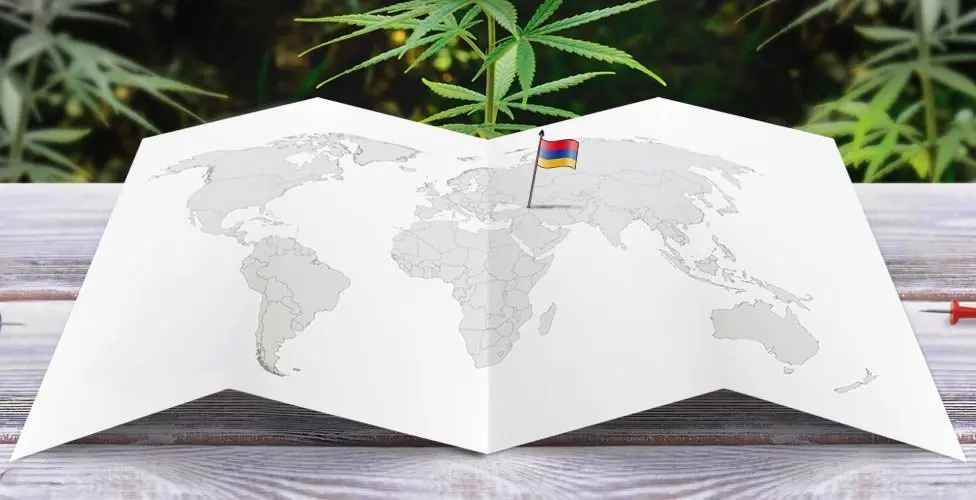Armenia Approves Decree Legalizing Industrial Hemp
Armenian lawmakers have approved, in the first reading, a decree amending the law “On Narcotic and Psychotropic Substances,” which provides for the legalization of industrial hemp. Armenia has decided to follow Russia’s example and profit from cultivating the plant.
Hemp to Be Exported Abroad
In February 2021, Armenian authorities adopted an economic response program aimed at diversifying agriculture. Officials included hemp in the list of high value-added crops, making hemp cultivation a priority area for the country’s agricultural sector. According to Deputy Minister of Economy Tigran Gabrielyan, industrial hemp is highly productive. From one hectare of raw material, it is possible to obtain 1.5 tons of fiber and between 75 and 210 liters of oil. In Russia, hemp fiber sells for 50 rubles per kilogram, and the minimum retail price for a liter of oil reaches 800 rubles. Thus, the profitability of growing hemp is at least 135,000 rubles per hectare.
Hemp Fiber
Given the high economic potential of hemp, Armenian parliamentarians supported the government’s initiative to lift the ban on the plant. Lawmakers approved a regulatory act governing the cultivation, processing, export, import, and wholesale trade of hemp. According to the document, commercial enterprises will be issued licenses valid for 10 years. Hemp will only be allowed to be grown on fenced fields, in accordance with specific quotas and with security systems in place. In addition, access to the hemp industry will remain closed to individuals with criminal records, even if those records have been expunged. Hemp exports will be subject to a high duty—60 million drams per ton of raw material (8.4 million rubles).
Revival of Hemp Cultivation
In the USSR, industrial hemp was one of the main agricultural crops. The area under hemp cultivation in the Soviet Union reached 900,000 hectares. After the collapse of the USSR, hemp farming declined, and by 2005, the area had shrunk to 3,240 hectares (278 times less than the peak). However, five years ago, a positive trend emerged in Russian hemp cultivation. From 2016 to 2020, the production of hemp-based goods increased 5.5 times (from 600 to 3,300 tons), and the area under cultivation grew to 9,758 hectares.
In Armenia, an attempt to revive the hemp industry was made in 2019, when entrepreneur Ruben Mkrtchyan founded the company “Armerica,” which began cultivating industrial hemp for oil production. The businessman stated that Deputy Prime Minister Tigran Avinyan gave him the green light to grow hemp, and he signed an agreement with the police for field security. However, after some time, law enforcement destroyed the hemp plantations, and Mkrtchyan suffered losses amounting to $170,000. Avinyan accused Ruben of lying and noted that he could not have authorized hemp cultivation due to the existing ban. In response, “Armerica” provided documents and correspondence confirming the project’s approval by both the politician and law enforcement agencies.



